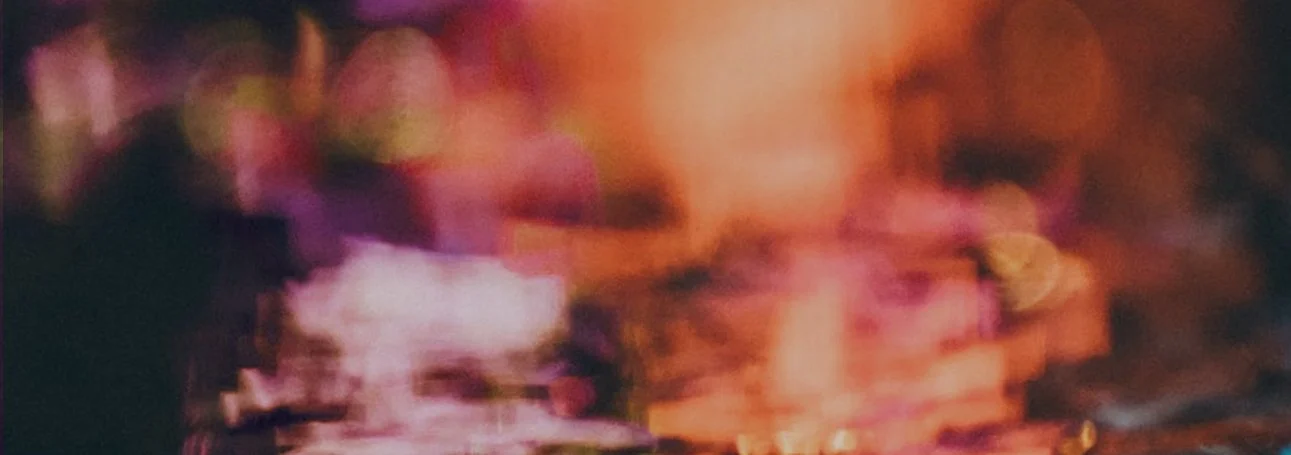Let’s Disrupt the Organ Transplant Waiting List
In 1997, my mother’s doctor looked me square in the eyes and said she had one week to live.
All the skin on her body had turned yellow. Her liver was shot, and not because of any lifestyle choices.
Mom had maybe three drinks in her life. She never smoked or took drugs. Her only bad habit (if it even qualifies) was some daily dark chocolate. In the lottery of birth, she was dealt a defective liver.
She needed a transplant, but there was one big problem: No way could she scale to the top of California’s organ donor waiting list in seven days. I began a mental list of who should be invited to her funeral.
Every day in America, 22 people die waiting for an organ transplant.
It comes down to simple supply and demand. According to the U.S Department of Health and Human Services, approximately 80,000 people are typically on the organ transplant waiting list. But there are not enough organs to go around.
A few days after the doctor’s somber prediction, Kaiser, mom’s health insurance provider, whisked us away on a private jet to Birmingham, Alabama. She’d have a much better chance at finding an organ there.
Little did I know that UAB Transplant Clinic is one of the world’s top transplant hospitals. In fact, that’s where much of the initial breakthroughs in the procedures took place. People from all over the planet head to UAB for brand new hearts, kidneys, lungs and livers.
But of course they’re not really “new.” These organs come from people who understand that through their deaths, others can go on living. Families dealing with unbearable grief make selfless decisions to save complete strangers.
I battled with a conflicting set of emotions. My father had passed away a year earlier, and now I was facing pretty good odds that I’d lose mom as well.
On the other hand, I gripped tight to a twisted sense of hope – “twisted” because in order for my mother to survive, someone had to die, and it better happen fast.
Not just anybody, though. The nameless, faceless person would need the right blood type and other matching criteria.
At 1AM on my second day in Birmingham, the phone rang in my hotel room (this was the pre-cell phone era). Under normal circumstances, a 1AM call means nothing but bad news.
But someone from UAB was on the line. They had found a match for my mother. Surgery was scheduled for 3pm.
When I walked into the recovery room, her skin tone had switched from yellow back to normal. The operation was 100% successful. I remember walking back to my hotel that day, looking up at the blue sky and feeling like everything was right in the world.
Now it’s 2017, and this November will mark 20 years since the transplant. Mom is lucky. So is my family.
Hours before I got that 1AM phone call, a 22-year old died in a car crash on a desolate Alabama highway. That person’s family made the choice that gave my mother two more decades of life, and counting.
But many others don’t make the same decision, meaning many people like my mother perish on the waiting list.
What a tragedy. One person can potentially save eight lives.
People don’t donate their organs for many reasons. It could be their religion or mistrust of doctors. Some don’t like thinking about death. Others don’t bother to register as organ donors.
I’m not here to judge them. But I am making a plea to those who may not even be aware of the issue. Unless you have a direct experience like me, you probably don’t sit down at Sunday brunch and discuss the prospect of recycling your organs. It’s not something most of us think about.
Fortunately, experts are getting better at spreading the word. Organ donor advocates want to make awareness as prevalent and widespread as the campaigns to wear seat belts and bike helmets. When I grew up, almost no one did either; now it’s routine.
Hopefully, someday donating a kidney will be as common as buckling up.
But hurdles remain. We live in a society where aging is considered a shortcoming. We worship youth and beauty while pushing the elderly and the imperfect to the edges. We blindfold ourselves to the inevitable fact that our days are numbered.
We need to talk about death. Instead of it being viewed as “morbid”, it can actually be a practical conversation with humanitarian outcomes.
When my mother and I returned to California, we threw a party with family and friends to celebrate. She designed the invitations, with the outside of the envelope reading:
Tony Bennett left his heart in San Francisco. Isabel DeKoven left her liver in Birmingham.
That’s her sense of humor for you. Thanks to the transplant, it’s just one precious part of her that I’ve been able to cherish all of these years.
I hope that more of you understand the gift of life that’s literally within your bodies. Be an organ donor. Save someone’s life. In doing so, you’ll allow their family to keep on treasuring that individual’s best qualities.
I encourage you to get the facts about organ donation and register as an organ donor athttps://organdonor.gov/index.html


